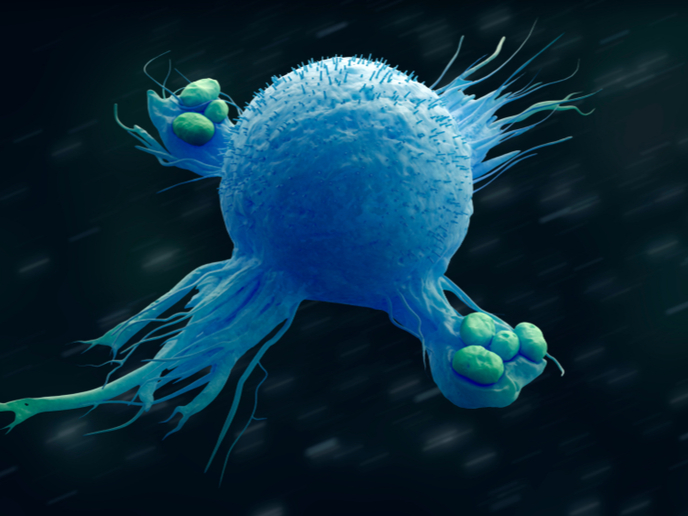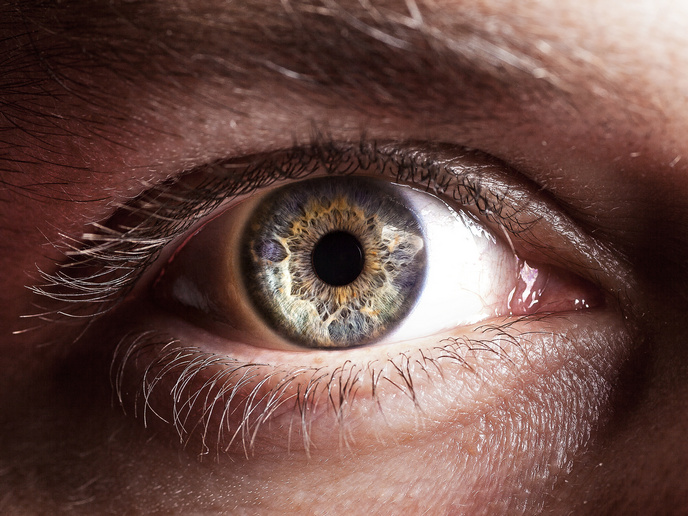Replacement therapy for Parkinson's disease
Neurodegenerative disorders, such as Parkinson's disease (PD), are one of the major causes of chronic disability, affecting approximately 1 % of people over 65 years of age. Given the increase in the ageing population, this number is expected to rise in the near future, necessitating the development of novel and effective therapies. Currently there is no cure for PD, but allo-transplantation of dopamine neuroblasts obtained from foetal ventral mesencephalic tissue constitutes one of the most effective reparative therapies in patients to date. The EU-funded TRANSEURO(opens in new window) (Neural transplantation in the treatment of patients with Parkinson's disease) project revisited such regenerative approaches with a view to developing a more standardised procedure that would translate into more consistent results. Towards this goal, they developed a protocol that harnessed dopaminergic cells from foetal tissue of medical as well as surgical terminations of pregnancy and set out to demonstrate that they could be used to replace the damaged neurons in patients with mild PD. These cells were cultured under specific conditions for four days and underwent extensive characterisation prior to preparing a neural graft under clinical conditions for transplantation into PD patients. In the TRANSEURO clinical trial, a total of 150 patients were recruited who fulfilled the desirable characteristics for neural grafting, namely a young onset, early stage of the disease, and an absence of significant dyskinesias, cognitive or affective deficits. So far, 13 patients have been transplanted with foetal dopaminergic cells and subjected to a battery of validated clinical assessments, including novel measures of motor and cognitive function, and positron emission tomography and magnetic resonance imaging scans. Collectively, the study's findings indicate that where standard pharmacological agents may fail, the use of innovative cell therapies constitutes an exciting new approach for PD treatment. The optimal delivery of such treatment to the clinic has the potential to slow down or halt disease progression and alleviate associated morbidities, thereby improving the quality of life of PD sufferers.







